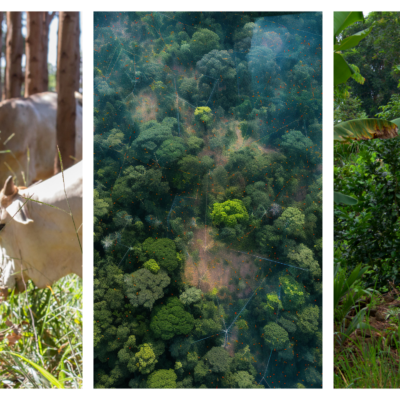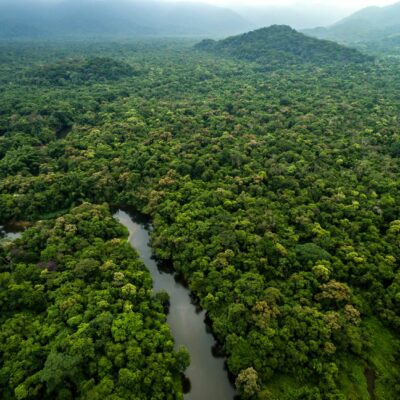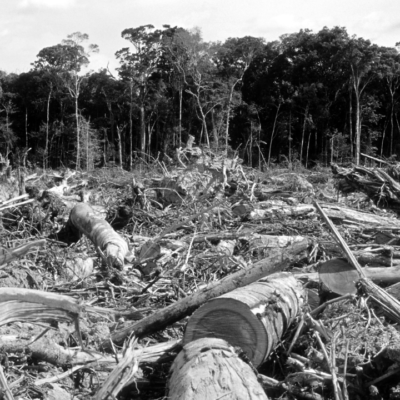
Brazil’s Environment Ministry to enforce solutions for product waste
In an article published last week by the Brazilian newspaper Folha de S. Paulo, reporter Joana Cunha interviewed the Secretary for the Urban Environment, Adalberto Maluf, about the Ministry of the Environment’s initiative to strengthen the regulation of an Extended Producer Responsibility (EPR) model in Brazil. The initiative is seen as a crucial step towards […]
Read more...









